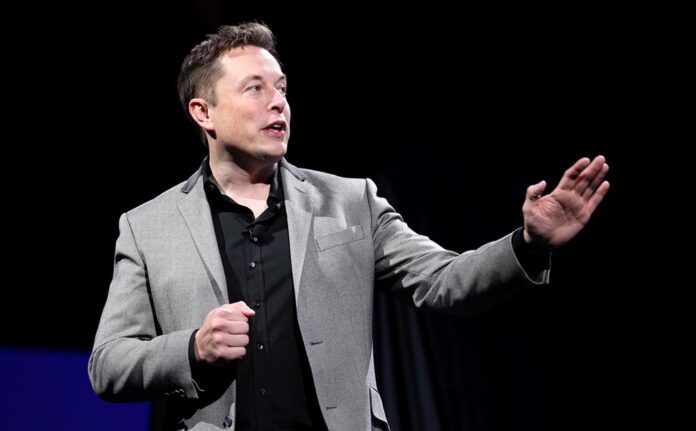
Time magazine on Monday announced Monday that Elon Musk is its 2021 Person of the Year. Chances are most people won’t find the selection surprising; Musk recently was certified as the richest single person in history, with a net worth exceeding $250 billion. Unlike most other billionaires not named Trump, however — Warren Buffett and members of the Walton family, for example — Musk is an affable young (50 years old) man who doesn’t dodge attention.
The Rio Grande Valley is fortunate to see first-hand, and benefit directly from, the actions and ideas that have built a man who can cause the stock market to balloon or swoon with a 10-word tweet. In fact, Time interviewed Musk at Starbase, the semi-abandoned village he bought at the edge of Boca Chica Beach and turned into a home for the rocket scientists and workers who operate the testing and launch site for the most powerful rockets ever built, along the Valley’s eastern coast.
As such, we congratulate Musk on the recognition, and thank him for taking us along for the ride.
His direct benefit to the Valley is obvious. From the time he started acquiring property in the Valley he has made donations to local governmental entities, often with few if any strings attached. Once his launch facility got the federal green light, Musk also formed support agreements with local educational institutions, from the university and professional school level all the way down to public middle schools, to help them give students the skills and knowledge they can use to work for his SpaceX aerospace company in the future.
His presence in the Valley surely has been a factor in the recent arrival of other space companies, drone makers and other businesses to a region that has longed for greater high-tech investment and job opportunities.
Musk’s most noteworthy asset, however — for which he also endures plenty of criticism — is his healthy aversion to government involvement in private enterprise. Musk jumps through regulatory hoops when necessary, but he doesn’t always wait for permits and support in order to launch new initiatives. He doesn’t wait for NASA to develop new technologies and he doesn’t buy up technologies that have been developed with federal grants and agreements. He saves time and money by simply hiring people to develop those technologies for him.
The result often is new technologies that are created sooner, cheaper and likely better than anything that might have been made through the government funding process.
Such independence has led to rapid development in rocket technology, and his development of reusable rockets has lowered the cost of his space exploration to a fraction of NASA missions. His independence probably has accomplished more than the government agency could have, while saving taxpayers more money than his own personal wealth.
We’re fortunate to see such examples from our own neighbor. We congratulate Musk on his recognition, thank him for his contributions, and look forward to his future achievements.




